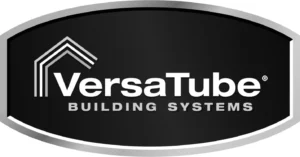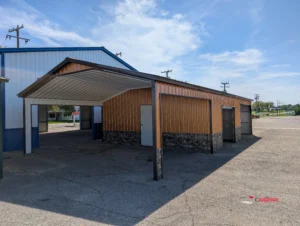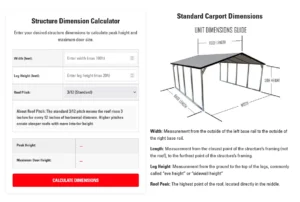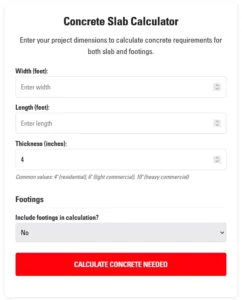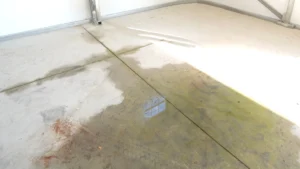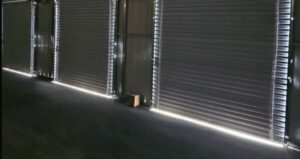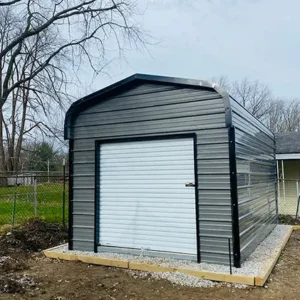8 Minute Read
Are Carports Taxable? How to Avoid Taxes on Your Carport
When purchasing or installing a carport, you might find yourself wondering, “Are carports taxable?” This seemingly simple question can have different answers depending on where you live and how you plan to use the carport. In this guide, we’ll break down the key tax-related considerations surrounding carports to help you make an informed decision and possibly help you avoid paying taxes on your new purchase.
Need help to buy or install a carport without increasing your property taxes? A Carport Co. representative would be happy to discuss the best solutions for your specific situation. Give us a call at (888) 293-5588, or email [email protected]. Thank you for choosing The Carport Co. for your project!
Get Started
Get a quote for a carport built in a way that minimally raises your property taxes, or doesn’t increase them at all.

Manufactured in the United States

Competitive Warranties

Licensed and Insured Installers

Outstanding Customer Service
Structures That Stand Strong™
Table of Contents
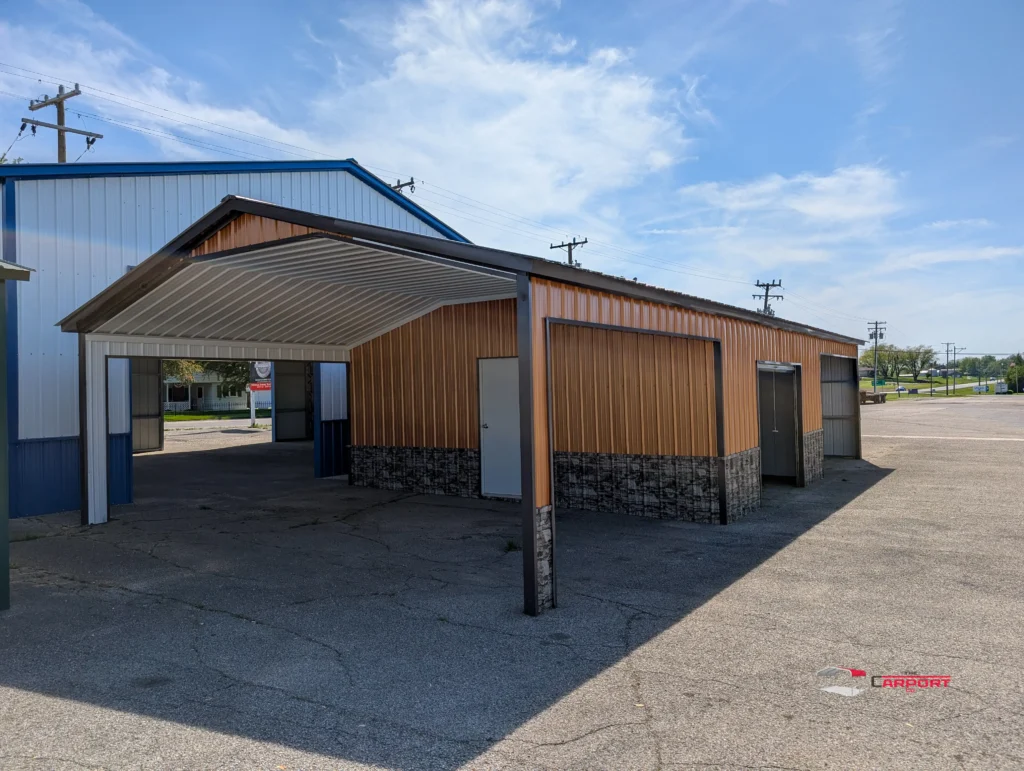
Sales Tax on Carports
Sales tax on carports can be broken down into two different categories:
1. Sales Tax on Materials Used
Materials used in the construction of your carport are considered taxable goods by most areas. This means you can expect to pay your state’s sales tax for the actual materials.
2. Sales Tax on Labor
Several states in the U.S. do not impose sales tax on labor. Since labor typically accounts for 20% to 40% of the total cost of your carport, living in one of these states means you could avoid paying sales tax on that portion of the cost, saving you 20% to 40% of the total.
Manufacturers With Free Labor
Many manufacturers, including most of the ones we partner with, offer free delivery and installation with any purchase of a carport or metal building. This means labor is not a separate line item, and you can enjoy no sales tax on labor, even if you live in a state that considers labor a taxable service.
How to Avoid Sales Tax When Purchasing a Carport
There are only three ways to legally avoid paying sales tax when purchasing a carport:
Agricultural Tax Exemption
If you’re purchasing a carport for agricultural use, such as storing farming equipment or housing livestock, you will qualify for a sales tax exemption in most states.
Energy Efficiency Credits
If your carport includes solar panels or supports renewable energy initiatives, you could be eligible for federal or state tax credits. This is especially true if the carport is part of a broader energy-efficiency upgrade to your property.
Live in a State With No Sales Tax
The simplest, and also most impractical, way to avoid paying sales tax on your metal carport order is to live in one of the five states in the nation that has no sales tax.
Property Tax Implications Carports Have
There are a few different things that will determine whether the carport you decide to install will increase your property taxes:
Temporary vs. Permanent Structures
Carports that are not permanently attached to the ground (e.g., portable carports) are typically not considered taxable by property assessors. On the other hand, a carport that is anchored into a concrete foundation or attached to your home may be classified as a “permanent structure,” which could increase your property’s assessed value—and, in turn, your property taxes.
Local Regulations
Property tax rules vary widely depending on your city or county. Before installation, consult your local tax office or a qualified assessor to understand how your carport might be categorized and whether it will impact your tax bill.
Understanding How Property Taxes Are Assessed
Before we get into how to actually avoid an increase in property taxes when purchasing a carport or metal building, we must first discuss how property taxes are assessed.
Why Adding a Carport Could Increase Property Taxes
Property taxes are based on the assessed value of your property, which includes land and any permanent structures. When you add a new structure, such as a carport, your local tax assessor may evaluate whether it increases the value of your property.
Key factors that tax assessors consider include:
- Whether the carport is anchored to the ground with a concrete foundation.
- If the carport is attached to your home or another permanent structure.
- The overall size and materials of the carport.
How to Avoid Increased Property Taxes
The average American homeowner pays $3,900 in property taxes per year for land they already own. Desiring to avoid allowing this number to climb is absolutely understandable. Here are the three best ways to avoid an increase in property taxes when purchasing a carport:
Avoid Permanent Carport Foundations
If you anchor your carport directly to the ground, gravel, or concrete, your local government will typically consider your carport a permanent structure and your property taxes will likely increase at your next tax assessment. If you choose not to anchor directly to a permanent foundation, your local government will consider your carport a “portable” or “temporary” carport. Here are a few ways to accomplish this:
Install the Carport to a Wood or Block Foundation
Installing a carport to a wood foundation or a foundation comprised of blocks is by far the most cost-effective and durable solution to have your local government consider the carport as portable or temporary. Here is an article another company wrote on how to do this with a shed, the principle will be the same with a carport.
It is important to note that opting to do this may void your manufacturer’s warranty, as structural stability can not be guaranteed.
Use a Weighted Carport System
If you choose not to anchor your carport at all, but instead affix it the ground with a system of heavy weights, you can maintain a portable carport status.

Consider the Carport an Agricultural Structure
Agricultural buildings are structures used to store farming equipment or vehicles and are typically 100% exempt from all taxes (including state sales tax and property taxes).
— Use the Carport for Agricultural Storage
There are typically certain requirements to have a structure be labeled as “agricultural use.” You typically must be storing some kind of agricultural or farming related equipment or livestock. Metal carports are great at keeping bales of hay dry during rain storms and other weather!
— Check Your Local Zoning
Confirm your property is zoned for agricultural use by contacting your local zoning office. If it’s not already, you may have to speak with your local officials responsible for land management.
Business Use Considerations
If you will be purchasing your carport through your business, or using it for businesses purposes, such as protecting a fleet of company vehicles, or storing business equipment, the structure may be eligible for tax deductions. Businesses can often write off the cost of the carport as a capital expense and potentially depreciate it over time.
Be sure to consult with your professional tax consultant to find out how best to approach the situation with reducing the amount of taxes you pay for your carport.
Choose The Carport Co. as Your Carport Provider
The Carport Co., we’re committed to helping you navigate the metal carport shopping process with ease. If you have questions, or need help to select the ideal carport dimensions, our experts are here to help.
Ready to find your perfect carport? Contact The Carport Co. today!
Frequently Asked Questions
Do carports add value to a home?
Yes, carports can add value to a home or property by increasing functionality and curb appeal. Potential buyers often view carports as a practical solution for vehicle storage, especially in regions prone to extreme weather.
Will a metal carport increase my property taxes?
Yes, metal carports will typically increase your property taxes, as they are considered permanent structures. To avoid this, install the carport on blocks or a movable foundation.
How do I avoid increased property taxes from a carport?
Metal carports typically increase property taxes because they are permanent structures. To avoid increased property taxes, anchor your carport to blocks or another movable foundation type. If you anchor the carport directly to the ground, your property taxes will likely increase.
How long do metal carports last?
Metal carport can last a lifetime if maintained well. Most carport manufacturers include a 20-year rust warranty if you upgrade from 14-gauge steel to 12-gauge steel.
Do I need a permit to install a carport?
Yes, most townships typically require obtaining a permit before installing a carport, metal or otherwise. We wrote an article going into more details here: Do I Need a Permit for a Metal Carport?
Do I have to pay sales tax when purchasing a carport or metal building?
Yes, most states consider carports and other metal building taxable goods, so you will have to pay sales tax on your purchase.
Are carports energy effecient?
Carports can be made energy efficient by installing solar panels on them. There are several online solar panel calculators.
Table of Contents
Ready to Begin Your Project?
Do you think The Carport Co. would be a good fit for you? We’d love to earn your business. Fill out the quote form, and one of our friendly representatives will be in touch with you shortly. We’re here to answer questions you may have, provide personalized recommendations, and get you an estimate on your project.
To speak with someone, call (888) 293-5588 or email [email protected].
Don’t miss out on the opportunity to enhance your property with a durable, versatile, and visually appealing metal structure. Contact The Carport Co. today and experience what we can do.
Visit our 3D Builder to design your own structure!
Get Your FREE Custom Quote
No-obligation, 100% FREE quote, delivered in minutes.
The Ultimate Buyer’s Guide is a collection of articles by The Carport Co. These articles have been catered to first time steel and metal carport, garage, and commercial building buyers. Our goal is to share as much information with customers as possible, to help make informed decisions, and ensure a customer doesn’t discover an addition they would have liked to added at the time of sale, but was not aware of the option’s existence.
Here is a preview of a few articles. To view the full Buyer’s Guide, please visit the Ultimate Buyer’s Guide page.
